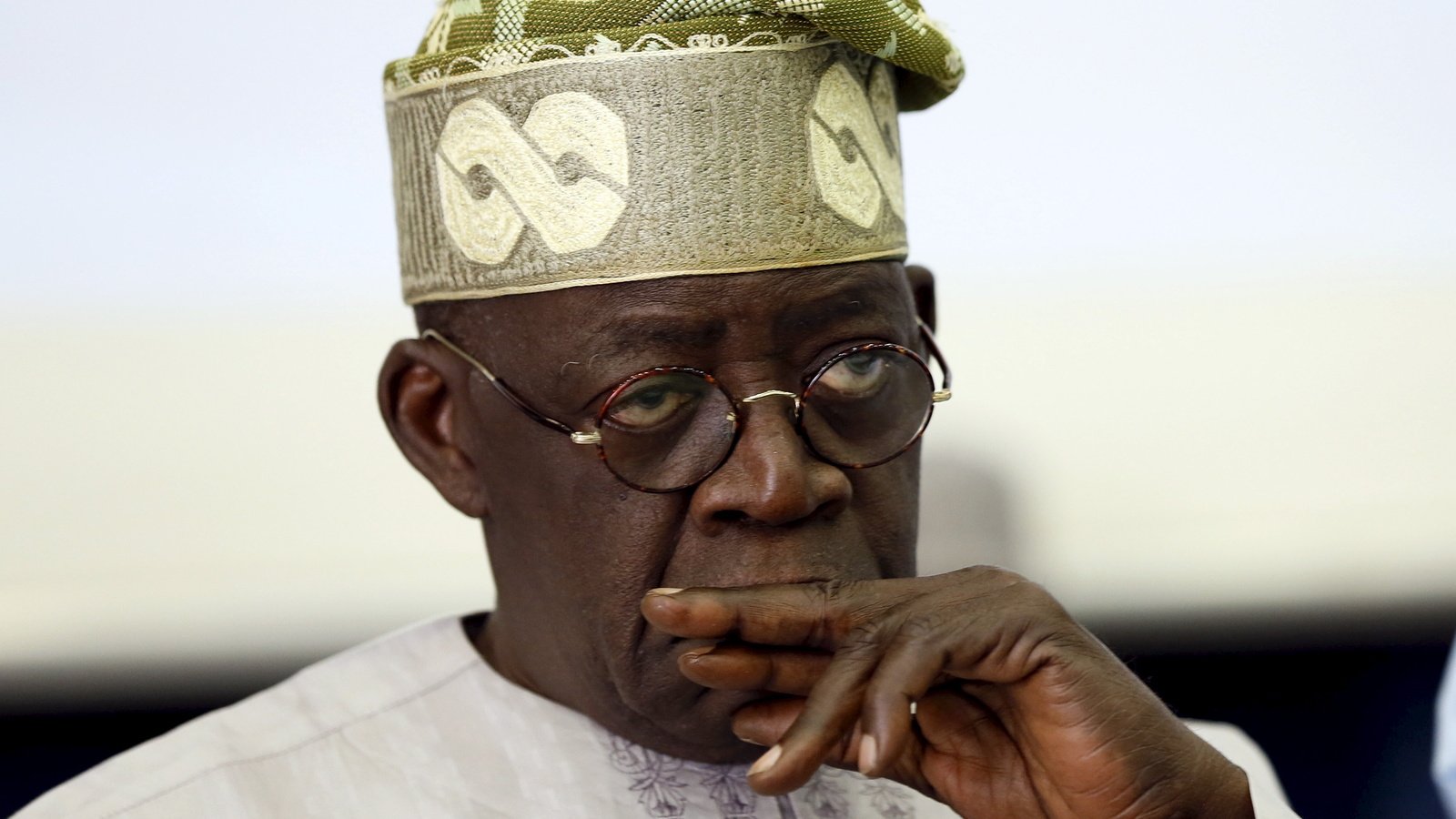KAYODE ADEBIYI FROM PREMIUM TIMES
Chimamanda, stop writing beer parlour gossips as fact and presenting highly unresearched allegations in op-eds.
…all political parties would already have the results in their hands through their party agents. What remains is the collation of already known results at the levels of the ward, local government, state, and finally at the National Collation Centre for the presidential election. Non-transmission of the results that political parties already have in their hands electronically in real time, does not invalidate the actual election that took place.
Yesterday, I read an op-ed by Chimamanda Adichie addressed to the President of the United States published by The Antlantic NP in the United States. Unfortunately, Adichie in very beautiful prose and high-falluting language opined that her candidate, Peter Obi who came a distant third in the just concluded Nigerian presidential election was rigged out because the INEC-led Mahmood Yakubu failed to follow the law guiding the 2023 election as laid out in the Electoral Act.
In her article, she wrote, and I quote: “A law passed last year, the 2022 Electoral Act, changed everything. It gave legal backing to the electronic accreditation of voters and the electronic transmission of results in a process determined by the Independent National Electoral Commission (INEC).”
The problem of a lot of educated and well read people with a bit of fame is that they think they know it all and whatever they say or write is golden and everyone must take it hook, line and sinker. Even when they distort the truth and the reality of what they are writing about.
I will advise Chimamanda to stick to her literary work and stop pontificating on Nigerian electoral matter as if an expert, especially when she obviously distorted the letters and spirit of the Electoral Act. As a writer, it behoves on her to have first gone ahead to read and distil the Electoral Act properly before misleading her American audience and obviously to whip up further emotions amongst her Obidient crew.
The Electoral Act never in any way compels INEC to transmit election results electronically in real time. The Electoral Act says INEC alone can determine the mode of collating and transmitting election results. Yes, INEC, in its pre-election media briefing, did say it would transmit results live, but yet it is not compelled by law to do so. While INEC erred by over-promising, it did no wrong, neither did it flout any law by not transmitting the results electronically. You can only sue an institution for flouting the law. You can’t sue it for not fulfilling a promise.
In fact, the Electoral Act even gave INEC a window of seven days after an election has been concluded within which it can transmit results unto its iReV server. The problem of a lot of people, including Adichie, is that emotions have overriden stated basic principles. They would rather hold on to fake news and gossip talk-shops as facts.
Justice Emeka Nwite, in a judgment, also held that it is only INEC that has the prerogative to direct how Polling Unit Presiding Officers should transfer election results, including proclaiming on the total number of accredited voters and results of ballots.
I believe Adichie and her Obidient crew have this idea that the electronic transmission of results is an angelic feature of the Electoral Act. This is far from the truth. Rather, it is just an add-on to an already set electoral procedure.
There must first be an accreditation, which this time around every observer hailed as a game changer; even the international observers. After accreditation comes the actual voting by electorates, then the counting of results and their recording in the form EC8, which each party agent must sign on, along with the electoral officer at each polling unit. Each agent and law enforcement personnel at each polling unit will have a copy of the already signed form EC8.
By this time, all political parties would already have the results in their hands through their party agents. What remains is the collation of already known results at the levels of the ward, local government, state, and finally at the National Collation Centre for the presidential election. Non-transmission of the results that political parties already have in their hands electronically in real time, does not invalidate the actual election that took place.
To buttress this point, as recent as the 10th of March, a Federal High Court in Abuja held that it is only the Independent National Electoral Commission (INEC) that is empowered by law to determine the mode of collating and transmitting election results.
Justice Emeka Nwite, in a judgment, also held that it is only INEC that has the prerogative to direct how Polling Unit Presiding Officers should transfer election results, including proclaiming on the total number of accredited voters and results of ballots.
So, again, Chimamanda, stop writing beer parlour gossips as fact and presenting highly unresearched allegations in op-eds to personalities such as the president of the United States. Americans are no fools. They don’t act on emotions like you but on facts.
Justice Nwite further held that the collation and transfer of election results manually in the 2023 general elections cannot be said to be contrary to the relevant provisions of the Electoral Act, 2022.
The judgment was in relation to a suit marked: FHC/ABJ/CS/1454/2022 filed by the Labour Party (LP), with INEC as the sole defendant. LP had prayed the court to declare that INEC has no power to opt for a manual method of transmission, other than the electronic method provided for by the relevant provisions of the Electoral Act, 2022.
In the delivered judgement, Justice Nwite held that the plaintiff misconstrued the provisions of the law and proceeded to dismiss the suit. He said: “From the argument of the learned plaintiff’s counsel, I am of the humble opinion that the bone of contention or the sections that seeks for interpretations are actually sections 50(2) 60(5) and 62(2) of the Electoral Act, 2922. Section 47(2) as cited by the learned counsel to the plaintiff only deals with accreditation of voters using a Smart Card Reader, but not collation or transmission of result as postulated by the learned counsel,” the judge held.
It is pertinent to note that the presiding judge is not a Yoruba or Hausa/Fulani, so they won’t say he’s doing the bidding of Tinubu or Buhari, as usual, or that he has been bought.So, again, Chimamanda, stop writing beer parlour gossips as fact and presenting highly unresearched allegations in op-eds to personalities such as the president of the United States. Americans are no fools. They don’t act on emotions like you but on facts.
Kayode Adebiyi is a media/PR practitioner and public affairs analyst. He writes from London, England.


